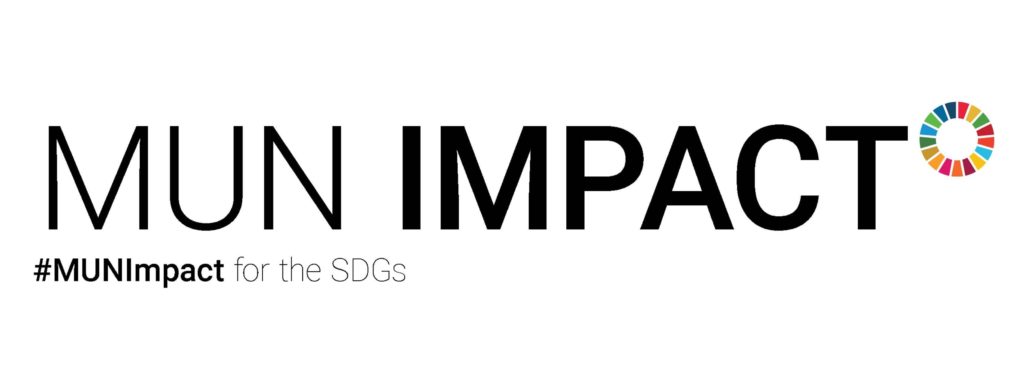

By Meenakshi Mariappan
–
With the inauguration of the Global Summit 2.0 inching closer, the Plenaries team provide an insight into what are possibly the most highlighted shows of unity incorporated into the Summit: the plenary sessions. In an interview, Co-DSGs of the Plenaries team Ananya Balakrishnan and Nikhil Binu, reveal their thoughts about the significance of the plenaries and the long-awaited three days.
With the ongoing pandemic and times of uncertainty, Balakrishnan emphasises that “it’s at times like this mobilisation is most important.” And as she rightfully says, “summits like this teach us how to do that and how to make a positive change.” Subsequently, she hopes the Global Summit 2.0 will thus serve as a platform to “begin the process of making a change in your community.” But the positive changes the world is yet to see can only spring from the small things, or as Binu puts it, the “topics we tend not to shed light on.” However, as he notes, it is important to understand that beyond the nobleness of diplomacy and altruism associated with the Summit, is also “the chance to see more than just four walls, to interact, to inform and to have fun.”
By nature, the plenaries, which Balakrishnan highlights, are “a must-attend, as they kind of pull everyone together for incredible talks.” The opening and closing plenaries are the only sessions wherein all participants have the opportunity to come together to hear the inspiring words of world-renowned speakers. In Binu’s words, the plenaries are in no way “like any ordinary session,” and that can definitely be agreed upon. He adds that the plenary will also be host to “extravagant performances, by our debutant MUN Impact Choir and musicians respected around the globe.” Well, this just builds on the list of reasons why participants should attend the plenary.
What most participants do not see though, lies behind the screen, in the efforts of student leaders such as Balakrishnan and Binu. When asked about the process of organising the plenaries, Balakrishnan exclaims that she “lost track of the sheer number of Zoom calls that have gone into pulling this Summit off.” Here, there is a lesson to be learnt for aspiring leaders around the world, as she admits that the key component to good leadership and teamwork is “flexible communication.” Binu summarises their efforts in saying that “the team members of the plenary are hard-working, and the Summit would not be as colourful as it is without them.” At MUN Impact, leadership is defined by the efforts of all the members, with uplifting relationships forming the foundation of the organisation itself.
Binu reiterates the perks of attending the Summit as it “paves the way for the sharing of knowledge for free,” whilst Balakrishnan reinforces this by interjecting “how it’ll help you expand your networks and help you meet people who are doing such amazing things all over the world.” Speaking about the MUN Impact family, she hopes that “we keep growing as a community and sharing ideas and thoughts.” And for those “itching to make a difference,” Binu believes that “there is no age for making a change.” This could not have been said better, as it is one of the core philosophies of MUN Impact, which can be observed in its everyday proceedings. More importantly, this lies at the heart of the Global Summit 2.0 and the overarching desire to make a change.
To end with a brief message from the plenary team, “attend the plenaries to hear from some amazing speakers, attend the workshops to learn how people are making a difference, and attend the social hours to meet new people and to unwind.” Join us on October 23-25 for an invaluable time! Find out more at: https://munimpact.org/globalsummit2-0/

